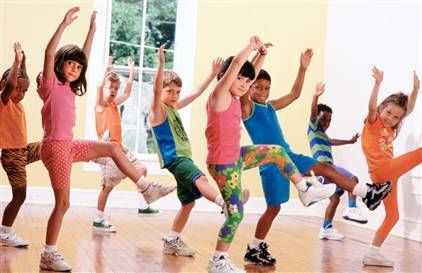Article
Aerobic Fitness Predicts Academic Performance
Author(s):
Aerobically fit students have greater odds of passing a state accountability math and reading test compared to their aerobically unfit peers, according to a recent study published in the Journal of Pediatrics.

Aerobically fit students have greater odds of passing a state accountability math and reading test compared to their aerobically unfit peers, according to a recent study published in the Journal of Pediatrics.
For their study, researchers from the Partnership for a Healthy Lincoln performed a cross-sectional analysis of data from 11,743 students across 47 public schools in Lincoln, NE. Aerobic fitness was defined as entering the healthy fitness zone of Fitnessgram’s Progressive Aerobic Cardiovascular Endurance Run. Mixed-effects logistic regression analyses were conducted to model the student-level effect of aerobic fitness status on Nebraska State Accountability (NeSA) math and reading test scores after adjusting for body mass index (BMI) percentile, free or reduced lunch status, sex, race, grade, and school type.
The researchers found that aerobically fit students were more likely to pass the NeSA math and reading tests than unfit students, regardless of whether or not the students received free or reduced lunch. However, the effect of aerobic fitness on standardized test scores was significantly greater for those who didn’t receive free or reduced lunch. Unlike aerobic fitness, weight status wasn’t a significant predictor of passing the NeSA math or reading test.
The authors concluded that in order to improve academic performance, school systems should focus on the aerobic fitness of every student.



